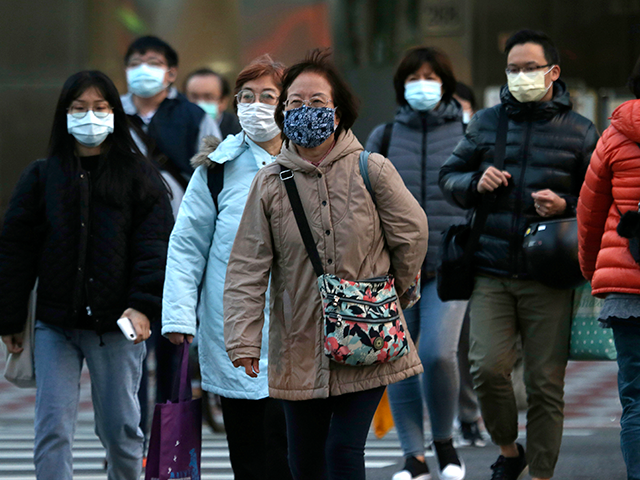Taiwanese Health Minister Chen Shih-chung implied in a Wednesday radio interview that China bullied German pharmaceutical company BioNTech SE into putting an order for 5 million doses of coronavirus vaccine on hold.
Chen announced in December that Taiwan would acquire 20 million doses of vaccine from several different sources, including the World Health Organization’s (W.H.O.) COVAX initiative and “a certain foreign company,” which he did not name.
In an interview with the Taiwanese radio station Hit FM on Wednesday, Chen revealed the foreign company in question was Germany’s BioNTech SE, which codeveloped the Pfizer vaccine. According to Chen, BioNTech backed out of the deal at the last minute, to the surprise of Taiwanese officials, who said both parties were preparing to sign contracts and were in the process of reviewing each other’s press releases when the agreement was abruptly canceled.
Taiwan News quoted Chen hinting that BioNTech backed out under pressure from its Chinese business partner Shanghai Fosun Pharmaceutical.
The two companies announced in March that they were working on a vaccine project in China. According to Reuters, the partnership included Fosun paying “up to $85 million in licensing fees” for BioNTech’s mRNA technology, and investing “$50 million for a stake in the German firm.”
In December, Fosun Pharma and BioNTech signed an agreement to deliver 100 million doses of vaccine manufactured at BioNTech’s German production facilities to China, Hong Kong, Macau, and Taiwan. BioNTech co-founder Dr. Ugur Sahin thanked the Chinese government for its assistance in the development effort.
“Certain people don’t want Taiwan to be too happy,” Chen said in his radio interview, refusing to be more explicit because he said he was worried about “outside forces intervening” further in Taiwan’s mission to obtain vaccines.
“I was worried about interference from external forces all along and there were many possibilities. I was worried about political pressure. We believed there was political pressure,” he said.
When directly asked if Beijing was the source of “political pressure” against the BioNTech deal, Chen replied it “could be a possibility, but we can’t confirm it.” China has been using various forms of economic and diplomatic pressure to isolate Taiwan, particularly since the 2016 election of its current president, Tsai Ing-wen.
Chen added that the BioNTech vaccine deal had been delayed, but not “torn up.” He said his office is still in communication with the company.
Fortune observed on Wednesday that the deal is complicated because Taiwan “has a long-standing policy against importing vaccines manufactured in mainland China.”
This would present an obstacle because Fosun holds the distribution rights for Taiwan and China, not BioNTech. However, Fosun sent the vaccine manufactured by the German company to Hong Kong because many of its residents are suspicious of mainland Chinese companies. Fortune suggested Taiwan might have encountered legal or corporate policy complications by attempting to negotiate directly with BioNTech.
After refusing requests for comment from Taiwanese and international media on Wednesday, BioNTech emailed a public statement that said it remains committed to filling Taiwan’s order for vaccine products.
“BioNTech is committed to help bringing an end to the pandemic for people across the world and we intend to supply Taiwan with our vaccine as part of this global commitment. Discussions are ongoing and BioNTech will provide an update,” the company stated.

COMMENTS
Please let us know if you're having issues with commenting.